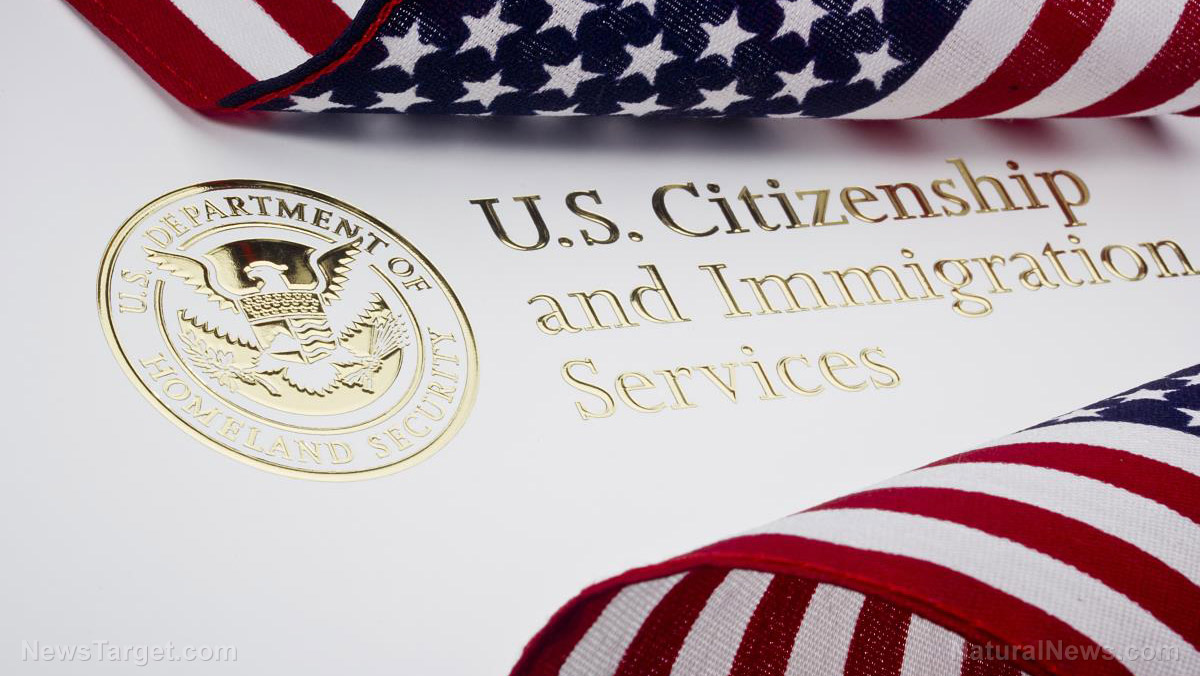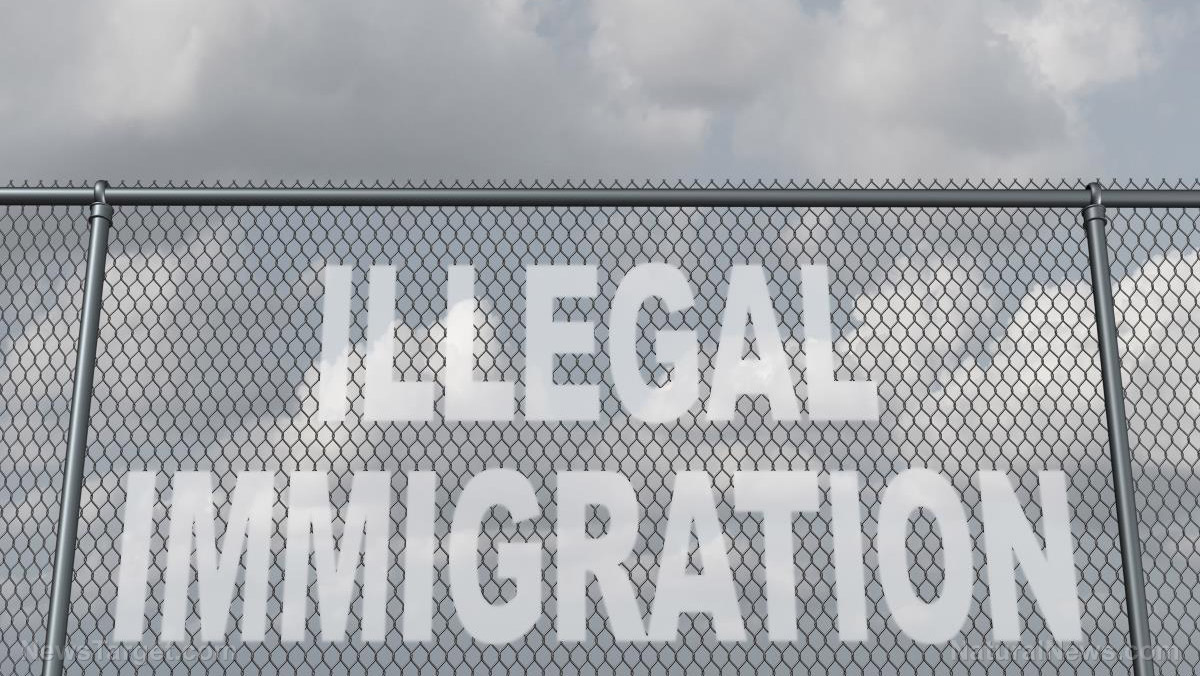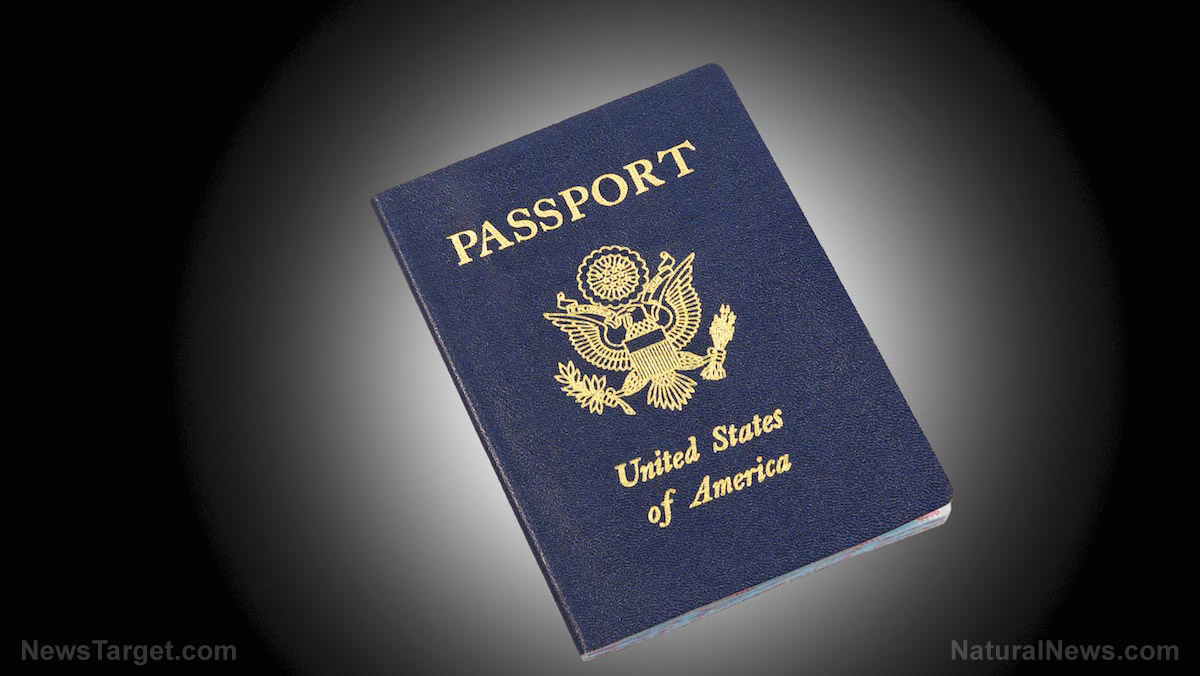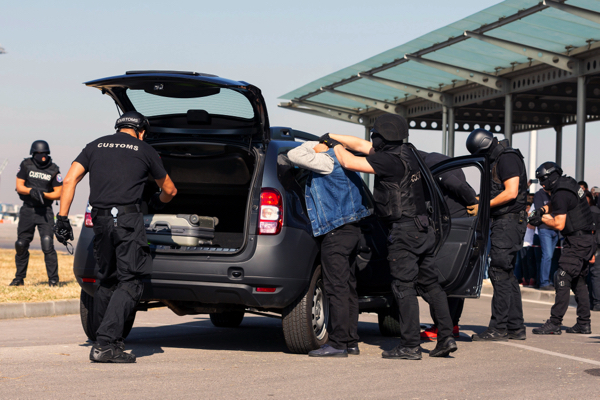Trump administration to restore tougher citizenship test, requiring deeper knowledge of U.S. history and English fluency
08/02/2025 / By Cassie B.

- The Trump administration is reinstating a tougher naturalization test, requiring 12 correct answers out of 20 from a larger pool of 128 civics questions, up from 6 of 10.
- A stricter English-speaking evaluation will now include describing visual prompts, ensuring practical language skills beyond memorization.
- USCIS Director Joseph Edlow argues the current test is too easy, failing to assess genuine understanding of American values and principles.
- Critics claim the changes could disadvantage refugees and less-educated immigrants, but proponents stress citizenship should reflect real assimilation, not just minimal effort.
- The revised test aligns with Trump’s view that citizenship is a privilege requiring demonstrated knowledge, similar to standards in other nations like Germany and Canada.
The Trump administration is taking decisive action to ensure that American citizenship — a privilege earned, not given — reflects a genuine commitment to the nation’s values, history, and language. In a bold reversal of Biden-era policies, the U.S. Citizenship and Immigration Services (USCIS) will reinstate a more demanding naturalization test, requiring applicants to answer 12 of 20 civics questions correctly from a pool of 128, up from the current 6 of 10 from 100 questions. The updated exam also introduces a stricter English-speaking evaluation, where candidates must describe visual prompts like weather patterns or daily activities.
USCIS Director Joseph Edlow argues the current test is too easy, allowing applicants to memorize answers without truly understanding American principles. Critics, however, claim the changes could disadvantage refugees and less-educated immigrants. But citizenship should never be a rubber-stamp process; it must reflect earnest assimilation, just as other nations demand of their own newcomers.
A test worth passing
Under the Biden administration, the naturalization test was watered down to a near-guaranteed pass, with 90 percent of applicants succeeding on their first attempt. The current format requires only six correct answers from a basic set of 100 civics questions, many of which are elementary (“What is the supreme law of the land?”). But the Trump-era 2020 test, now being revived, nearly doubles the question bank and raises the passing threshold.
“The test, as it’s laid out right now, it’s not very difficult,” Edlow told The New York Times. “It’s very easy to kind of memorize the answers. I don’t think we’re really comporting with the spirit of the law.”
The revised exam doesn’t just test rote memorization; it evaluates real-world English fluency. Applicants will describe images of everyday scenes, proving they can communicate practically, not just recite scripted phrases. This aligns with President Trump’s view, articulated in a 2024 proclamation, that citizenship is “one of the most priceless gifts ever granted by human hands.” If America is to remain a nation of laws and shared values, newcomers must demonstrate more than superficial knowledge.
Critics prioritize accessibility over accountability
Predictably, open-border advocates have attacked the changes, framing them as punitive. Mechelle Perrott, a citizenship coordinator in San Diego, told the Associated Press that refugees from war-torn nations might struggle: “It’s more difficult learning to read and write if you don’t know how to do that in your first language. That’s my main concern about the multiple-choice test; it’s a lot of reading.”
But this argument ignores a fundamental truth: Citizenship is not a humanitarian program; it’s a pact of loyalty and understanding. Countries like Germany, Canada and the UK impose far tougher tests, including essays and oral exams on complex national histories. The U.S. version remains comparatively straightforward, focusing on foundational civics (e.g., naming the three branches of government) and basic English. If immigrants cannot meet this bar, they retain lawful permanent residency, a status already granting most rights of citizenship.
A legacy of merit-based standards
The citizenship test has long been a political football. Standardized under President Bush in 2008, it was toughened under Trump in 2020, then weakened again by Biden. The 2024 redesign was scrapped after backlash, but Edlow’s revival of the 2020 framework restores sanity.
USCIS data shows that more than 820,000 immigrants naturalized in 2024 alone, which is proof that high standards don’t deter the worthy. Unfortunately, lax immigration enforcement has fueled fraud, from chain migration abuses to visa overstays. Rigorous testing ensures only those who respect America’s sovereignty earn its passport.
The Left’s insistence on lowering standards insults both immigrants and native-born Americans. New citizens should arrive prepared to contribute, not cling to linguistic or historical illiteracy. The Trump administration’s reforms honor the gravity of naturalization — a process that, when done right, strengthens the nation. As Edlow affirmed, immigration must be a “net positive,” and that starts with expecting newcomers to meet the same basic civics knowledge most Americans learned in middle school.
Sources for this article include:
Submit a correction >>
Tagged Under:
American history, big government, citizenship, Donald Trump, Immigration, invasion usa, migrants, naturalization, Open Borders, progress, rational, USCIS, White House
This article may contain statements that reflect the opinion of the author
RECENT NEWS & ARTICLES
COPYRIGHT © 2017 INVASIONUSA.COM
All content posted on this site is protected under Free Speech. InvasionUSA.com is not responsible for content written by contributing authors. The information on this site is provided for educational and entertainment purposes only. It is not intended as a substitute for professional advice of any kind. InvasionUSA.com assumes no responsibility for the use or misuse of this material. All trademarks, registered trademarks and service marks mentioned on this site are the property of their respective owners.


















